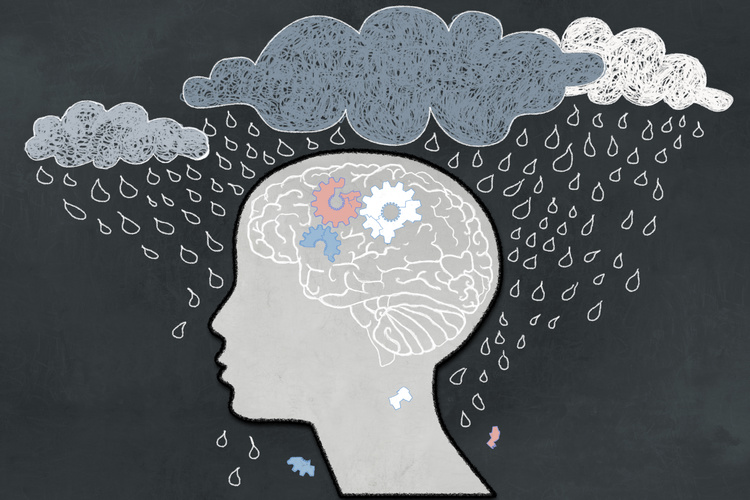
Choose a channel
Check out the different Progress in Mind content channels.

Progress in Mind

Modern social risk factors for the development of severe psychiatric disorders, such as migration and social deprivation, and the development of an intensive lifestyle intervention program to improve the physical health and lower the mortality rate for individuals with psychiatric disorders were highlighted at EPA 2019.
Legal and administrative changes and a radical reform in training for all stakeholders in mental healthcare are needed to meet current challenges and address the shifting priorities for psychiatric practice, said Professor Norman Sartorius, a former director of the World Health Organization and former president of the World Psychiatric Association. The shifting priorities include:
Changes and training are needed to address the shifting priorities in psychiatric practice
Epidemiological risk groups for psychotic disorders include young men, urban populations, ethnic minority groups, and black African and Caribbean descent in Europe. However, the determinants of the increased risks are unknown, said Dr Ka-Young Ban, University College London (UCL), UK.
Dr Ban and her colleagues have therefore investigated the influence of social risk factors for psychosis over the life course by reviewing epidemiological data from the PsyLife group at UCL. The data were derived from the Social Epidemiology of Psychosis in East Anglia (SEPEA) study, the Avon Longitudinal Study of Parents and Children (ALSPAC) study, EU-GEI (the European Network of National Schizophrenia Networks studying Gene-Environment Interactions) and Psychiatry Sweden, a large longitudinal population register linkage of psychiatric disorders in Sweden.
Risk for psychosis is increased by social disadvantage and migration
These real-world data reveal that the risk for psychosis is increased by:
Residential instability may also increase the risk.
The group concluded that their findings cannot be attributed to polygenic risk for schizophrenia, and do not support the possibility that social drift is the sole cause. They highlighted the need for more epidemiological studies to focus on the causal mechanisms linking the social environment to psychosis.
Multiple factors contribute to the poor physical health of patients with psychiatric disorders
Patients with schizophrenia die on average 20 years earlier than the general population and have a significantly higher risk of obesity, hyperglycaemia and metabolic syndrome.1 Dr Mario Luciano, University of Campania L. Vanvitelli, Italy, added that these risk factors are compounded by:
Effective strategies are needed to improve the physical health of patients
Dr Luciano and his colleagues are therefore evaluating the efficacy of a large-scale 2-year intensive lifestyle intervention program for use in routine care to improve the physical health of their patients. They are enrolling 420 patients with psychotic, bipolar or depressive disorder aged 18–65 years with a body mass index over 25:
Dr Luciano concluded that it is a moral and clinical priority for psychiatrists to develop and implement effective strategies to modify and eliminate the risk factors contributing to the poor physical health of their patients.
Our correspondent’s highlights from the symposium are meant as a fair representation of the scientific content presented. The views and opinions expressed on this page do not necessarily reflect those of Lundbeck.